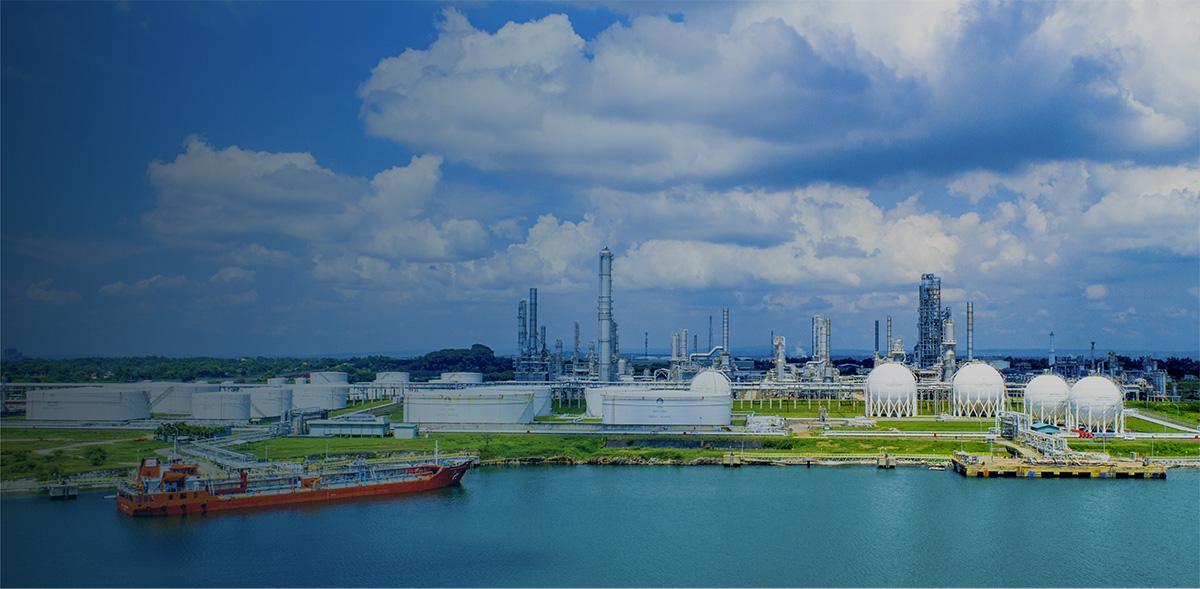TubanPetro at a Glance
The development of PT. Tuban Petrochemical Industries (TubanPetro) began after the government completed the conversion of the Multi-Year Bond (MYB), also known as TubanPetro's Rp2.62 trillion debt, into shares with the issuance of Government Regulation (GR) Number 66 in 2019.
The GR became the starting point for the development of TubanPetro as the basis for the integrated national petrochemical industry. The conversion policy is regulated in the State Budget or APBN Law in 2019.
Through conversion, it gives TubanPetro room to expand its business. Thus, the expansion of business capacity in TubanPetro's subsidiaries, mainly for PT. Polytama Propindo and especially for PT. Trans-Pacific Petrochemical Indotama (TPPI), which has only functioned for fuel processing, can be increased.
The conversion has been done with transparency and accountability. This step aims to save receivables and optimize state assets, so it will be able to reduce imports of petrochemical products and accelerate the domestic downstream industry.
After the conversion was completed, the government issued new shares to allow PT. Pertamina to be part of TubanPetro. Pertamina's entry as the majority shareholder in TubanPetro is a follow-up to the Head of Agreement between the Ministry of Finance and Pertamina on August 15, 2018, as well as the implementation of Government Regulation No. 66 in 2019 concerning the addition of state equity participation into TubanPetro's share capital. This synergy is a strategic step in line with the government's vision to reduce import dependency on petrochemical products.
Furthermore, development steps were taken by making an integrated petrochemical cluster master plan. In the master plan, it is planned to build an aromatic center and an olefin center at TPPI. Currently, the aromatic plant that produces benzene, toluene, and xylene (BTX) is only owned by Indonesia.
The petrochemical industry is the third backbone of the country's economic advancement, after the metal industry and the food industry. The development of TubanPetro is part of a long-term plan to strengthen the structure of the petrochemical industry in order to return to being the largest in ASEAN.
Currently, the domestic manufacturing industry requires more than 2 million tons of aromatic chemical raw materials. So far, Indonesia still imports aromatic chemical raw materials because they are unavailable domestically. The expansion of production capacity and the creation of the TubanPetro integrated petrochemical plant will improve the country's foreign exchange condition.

